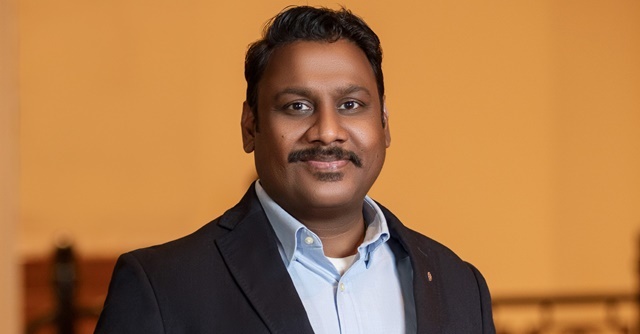
Firms need to understand gen AI in context of their business: Publicis Sapient's Rakesh Ravuri


It is still early days for generative artificial intelligence (AI), and many companies are already exploring the technology to create efficiencies and reduce costs for their clients, while at the same time navigating its considerable risks. In an interview with TechCircle, Rakesh Ravuri, chief technology officer (CTO) and senior vice president (SVP) — engineering at Publicis Sapient, an IT consulting company, discusses what companies need to keep in mind when leveraging gen AI, new job roles and opportunities it can create and more. Edited excerpts:
Are companies willing to spend on generative AI or they are mostly in the exploratory mode?
Many companies are exploring the various facets on generative AI based on their level of tech maturity and some are already seeing the impact. Some are figuring out how to integrate tools like ChatGPT in their current system and those who have are ensuring that it is not biased and aligns to the company’s core values. Many are also in the observation mode. Companies should think about the ethical aspects and data used to train the system so that they are explainable, lack biases and validate the cultural and ethical sensitivity of the responses they receive.

For example, if you ask gen AI about good sources of protein, it might suggest meat-based options based on data from the US, which may not be acceptable in certain countries or communities, in India for example. Likewise, companies need to understand gen AI in the context of their business priorities while contextualising it for the people or customers they cater to.
Speaking about eliminating AI bias, how does a company like Publicis Sapient help clients in this area?
The quality of any AI system depends on the quality of the data it’s trained on and it’s the same for gen AI. There are various methods we are currently adopting, such as instruction-based fine-tuning, where you take the raw model and layer it with instructions to ensure it doesn't respond in biased ways.
Similarly, it is important these models are fine-tuned with instructions to eliminate bias from the equation, based on the industries, countries, and culture in which they operate in. And this is where secondary models help determine the sensitivity of the output and identify any violations of rules or regulations.

For example, there are tools that help identify the tone of reviews — positive, negative, or neutral — and allow users to set the level of moderation wherever applicable.
Last month, Publicis Sapient introduced its gen AI platform. How is it helping you address clients in this space?
Today, anyone can use open-source chatbots like ChatGPT. However, in an enterprise scenario, we can't simply use a gen AI tool and expose sensitive client information to public platforms. We have strict confidentiality agreements with our partners, and it is imperative to protect their data. With this in mind, we’ve developed an internal PSChat platform, which allows us to leverage the technology while maintaining the required confidentiality. The internal generative AI tool built on existing best-of-breed large language models (LLMs) like GPT-4, and emerging frameworks like LangChain.

We ensure that client data is not used to retrain the models. It also serves as a collaborative space for our team members to share insights, discuss complex problems, and exchange knowledge in a secure and controlled environment and in turn help solve our clients problems more speedily and efficiently. In the last six months or so, we have observed that this platform has significantly improved our internal communication and has speeded up our day-to-day operations.
How about the impact of generative AI on jobs?
When it comes to the impact of gen AI on jobs, we need to understand that with every new technology, be it web, cloud or mobile, jobs have always evolved. The nature of jobs changes with time, and there is a need to adapt by acquiring new skills and by leveraging newer tools. Generative AI is just another tool that needs effective (and correct) usage. Those who can use the tool more effectively will see a difference in compensation, when compared to those who take longer to adapt. It's not about losing jobs, but about how existing jobs will evolve over the next decade or so.

Which job roles will become more prominent then with the ushering of gen AI?
Just like every engineer is expected to have some cloud knowledge because most applications are deployed on the cloud today, AI will follow a similar trend, be it usage of AI models or libraries, data analysis, AI system governance and so on, making it an essential tech skill. As generative AI evolves, we would see more of AI cloud architect, AI data engineer, AI ethicist and AI trainer roles gaining prominence. But these skills need constant upskilling so that they be used correctly and more efficiently.
